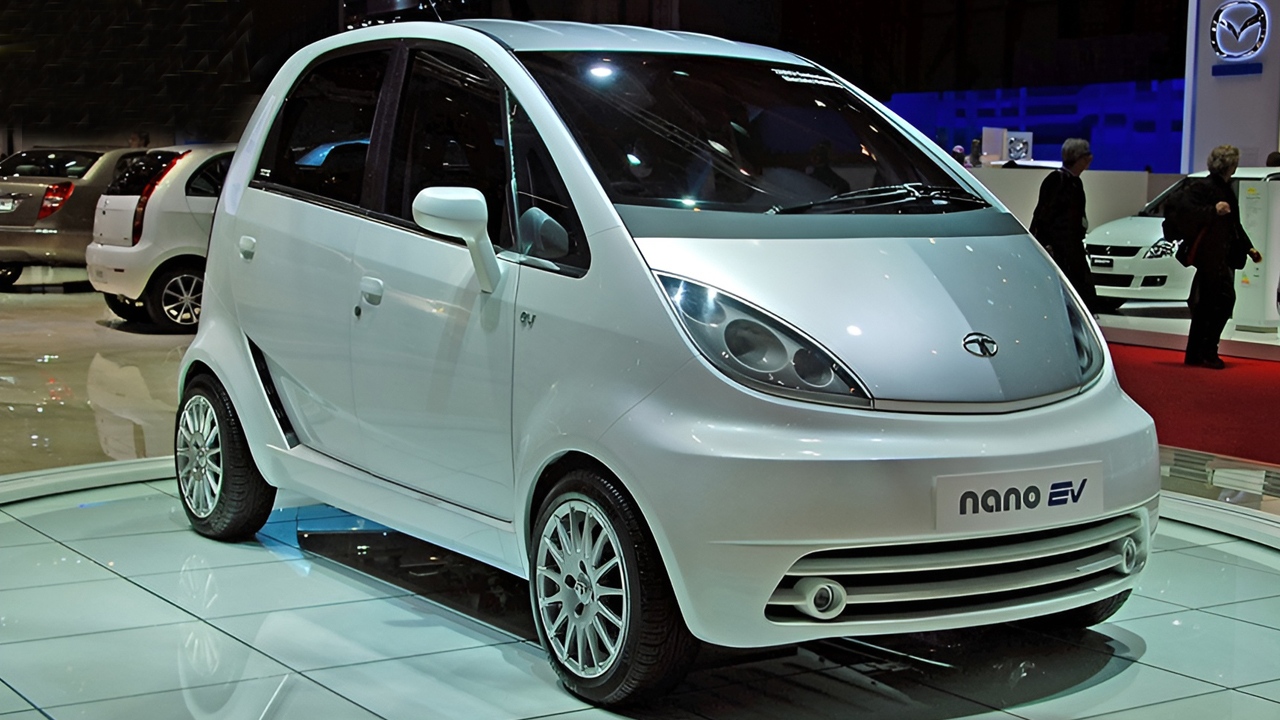Tata Nano EV: In a bold move that could once again revolutionize the Indian automotive industry, Tata Motors is set to launch the all-new Tata Nano EV. This electric version
All posts tagged in Tata
2Articles
Mumbai: Ratan Naval Tata, one of India’s most iconic industrialists and former chairman of Tata Sons, passed away on the night of October 9, 2024, at the age of 86.







